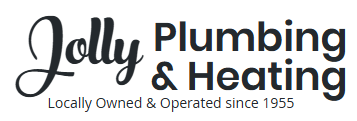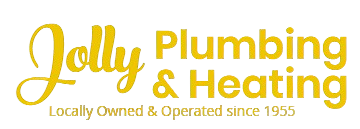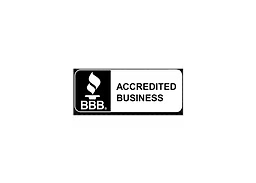Boiler Systems
A boiler system is a heating system you are likely to see in an older home or multifamily residences such as condos or apartments. Even a few decades ago, in most areas, a boiler was the most cost-effective option for heating large spaces, apartments, and single-family homes.
What is a Boiler?
The easiest way to think about a boiler is a pressure vessel that is designed to heat water. Depending on the size of the home or building the boiler is heating, it can vary greatly in size. The boiler is an entire system that has been designed to use fuel to heat water, and then the steam from that heated water travels through various pipes to heat the space above. Boilers are usually placed in the bottom level of a home in the basement or crawlspace because the steam from the hot water will rise and travel more easily to radiant heaters and appliances.
How is a Boiler Fueled?
The vast majority of boilers are fueled by natural gas or propane, though some can be powered by coal or even wood. Anything that creates heat and combustion will be enough to heat the water and cause steam to travel effectively.
Different Types of Boilers
There are dozens of manufacturers of boilers as well as designs depending on the use. A boiler system can be used in a small home, or in a massive industrial complex. For home use, there are three different types of boilers that are commonly used, which we will outline below
Conventional Boiler
A conventional boiler is the most common type of boiler used in homes and is comprised of a pressurized cylinder for the hot water, as well as two tanks which are responsible for cold water storage and maintaining a normal water level for the central heating system. Conventional boilers are responsible for the hot water, central heating, and the heating of certain appliances as well.
Combination Boiler
This type of boiler is named as such because it combines a water heater and a central heating boiler which draws water from the main water line, rather than a separate cold water tank. The way these two systems are combined means that installation is much less complex, and there is no need to store and pump the cold water, which translates to savings for you as the homeowner.
System Boiler
A system boiler is the smallest of the three options because while it does still require a cylinder for storing hot water, the rest of the components are inside the boiler, making it even more compact than the combination boiler. The main benefit to a system boiler is that there is no tank, making it easy to install and highly efficient.
Should you have any questions about maintaining an existing boiler, or installing a new one don’t hesitate to contact us!



